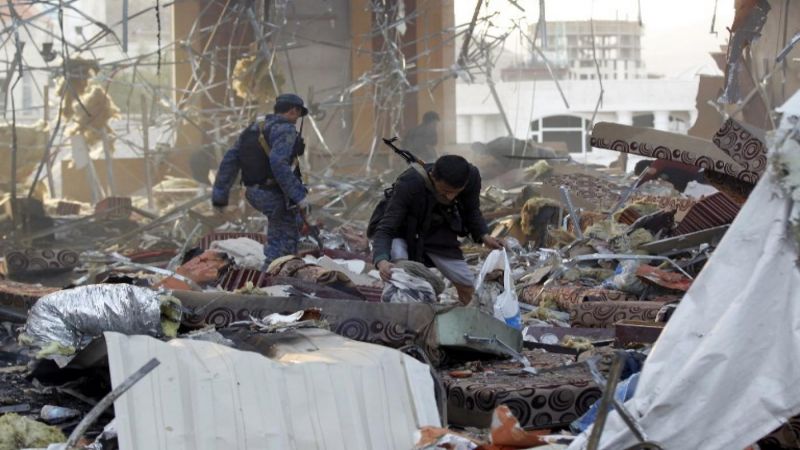
By Radhya Almutawakel
When I was invited to meet Foreign Secretary Jeremy Hunt I felt a responsibility, knowing I’d be speaking to someone with the power to help end the war in my country.
The independent human rights organization I lead, Mwatana, documents violations by all sides, relying on the power of truth to seek peace and accountability. I prepared to draw on these principles to deliver three messages to Mr Hunt.
First, peace in Yemen is still possible but it needs the will of the international community, with greater pressure to help carry forward momentum from recent peace talks. Second, accountability for crimes carried out against Yemeni civilians is a crucial part of any push towards sustainable peace. Third, UK military support for Saudi Arabia and the United Arab Emirates makes peace in Yemen harder and there are steps Britain could take to minimize suffering, such as ending arms sales.
To date, the war in Yemen has killed hundreds of thousands of civilians, with millions more pushed to the brink of famine. All sides have carried out horrific violations and bear responsibility for what the UN has deemed the world’s worst humanitarian disaster. ...
On the other side, the Saudi/UAE-led coalition has carried out thousands of air strikes since 2015, including unlawful attacks on civilians and infrastructure, hitting schools, hospitals, weddings and funerals. The UK risks complicity. I gave Mr Hunt a copy of Mwatana’s report on the use of US and British munitions in Saudi/UAE air strikes. To his credit, he has said Yemen is a priority and has committed to using the UK’s “strategic relationship” with Saudi Arabia and the UAE to try to end the war.
My main message to him is that he should redouble these diplomatic efforts, which means condemning all attacks on civilians (including those committed by UK allies using UK weapons), pressing for accountability for these and other crimes committed by all sides, and using British influence to lead the UN Security Council to take action supporting sustainable peace.
The war in Yemen empowers and feeds extremist groups and undermines Yemenis’ dream of a functioning state based on equal rights and the rule of law. Only a political agreement based on justice, democracy and the rule of law can stop the war for good.
Achieving the peace Yemenis deserve will not be easy — but the UK could make a real difference to millions of Yemenis who did not choose this war.
Radhya Almutawakel, co-founder and chairperson of the independent Yemeni organization Mwatana for Human Rights, was included on the Time magazine list of the 100 Most Influential People of 2019
Source: Evening Standard, Edited by Website Team